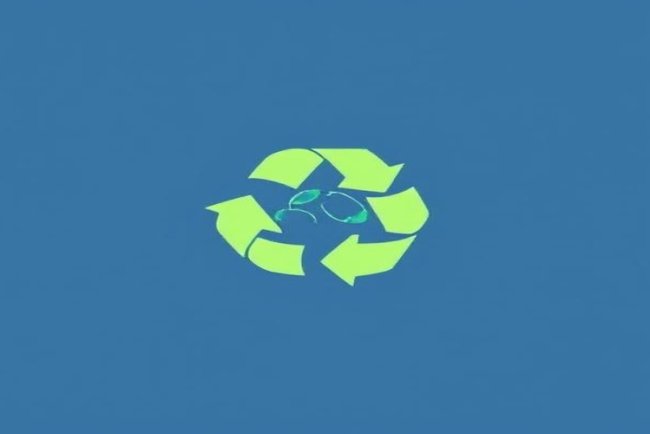Wastewater Crisis: India's Fisheries Suffer $2.2 Billion Annual Loss

India's Fishery Industry to Miss Out on USD 2 Billion Because of Untreated Wastewater, a Study Says
India's fishing sector loses more than USD 2 billion every year due to untreated wastewater polluting water bodies, a report published on Wednesday has found. The report also finds an economic loss that is significant due to health complications and identifies that India loses USD 246 million every year due to diarrhoea due to unclean drinking water due to inefficient wastewater treatment operations.
The results were published at the World Ocean Summit in Japan by ocean health initiative Back to Blue and Ocean Sewage Alliance. The research takes into account the effect of untreated or partially treated wastewater in five nations: Brazil, India, Kenya, the Philippines, and the United Kingdom. The report highlights the major environmental and economic implications of poor wastewater treatment, especially for those nations with vulnerable industries like agriculture, fisheries, and public health.
Wastewater pollution, particularly in-treated or in-erroneously treated wastewater, is one of the major causes of environmental pollution. Running into oceans, rivers, and water bodies meant for use as drinking water, not just kills aquatic vegetation and fauna, but also carries severe health threats to human life. It is a very big issue in India. The nation's fishery industry loses the largest economic figure in the nations researched under the study, losing around 5.4 percent (USD 2.2 billion) of the lost economy each year. It is due to water bodies of utmost importance used in fish culturing and other marine products being contaminated.
India's position as a significant seafood producer makes these losses particularly problematic since they erode food security within the country, in addition to undermining the nation's reputation in export markets overseas. Inefficient wastewater management also has a direct impact on public health. India has the highest health burden of the nations researched, at an estimated USD 246 million per annum due to diarrhoea resulting from contaminated drinking water. The rate of treatment of wastewater in the nation is only 21 percent, and the bulk of the population is therefore at risk of waterborne harmful diseases.
In contrast, the severe agricultural damages occur in Brazil from wastewater pollution. Soybeans, which are very sensitive to soil salinity, are grossly affected as a result when irrigation canals draw untreated wastewater. Although lower percentage losses to agriculture occur for India because the soil salinity is less extreme, the absolute loss of USD 1.2 billion for revenue per annum remains the biggest in the nation.
Untreated or lightly treated wastewater irrigation is widespread in most developing nations and irrigates about 10 percent of all land that is cultivated in developing nations. Although some of the nutrients in wastewater, like nitrogen and phosphorus, may increase crop yield in the short term, their use over the long term results in soil salinisation, which ultimately decreases productivity. Wastewater has pathogenic heavy metals such as zinc, chromium, manganese, and iron that also kill the soil and the crops.
The research points out that economic consequences of wastewater pollution by India and other nations highlight the necessity for improved wastewater treatment plants. Inefficient sewage and wastewater infrastructure is still a matter of concern. As the research illustrates, infrastructure investment is necessary so that environmental and public health hazards of raw wastewater can be addressed.
Where huge investment in infrastructure is not possible in certain locations, decentralized wastewater systems can be a viable solution. There are also emerging technologies in the pipeline that can possibly offer solutions to wastewater treatment at a lower cost and more sustainably. The technologies can also recycle wastewater for useful purposes, like organic fertilizers, biogas production, or even renewable energy production, to create a circular economy.
India, as is the case with the majority of developing nations, is experiencing both water pollution and water scarcity. Increased capacity in wastewater treatment is not only needed to enhance the quality of water but also to make the freshwater sources more utilized. Nitin Bassi, a senior programme lead for sustainable water at the Council on Energy, Environment and Water (CEEW), must capture, treat, and recycle additional wastewater to ease the strain on India's freshwater.
The findings of this study confirm conclusively that wastewater pollution is a hard-priority issue, specifically that of India, to which it has health as well as vital economic process implications. Policymakers are therefore required to balance both infrastructure investment as well as circular economy efforts in order to address wastewater sustainably. As the governments of all countries have this in their focus areas, investment in wastewater and its economic, health, and environmental aspects at the global level is bound to increase in the days to come.
Source: Back to Blue, Ocean Sewage Alliance, World Ocean Summit
What's Your Reaction?

















